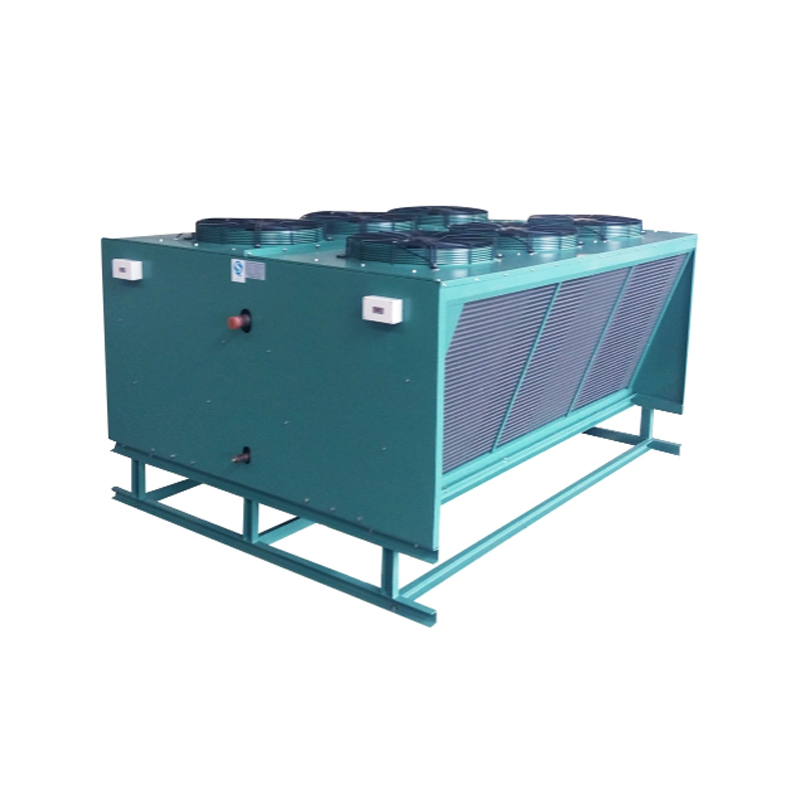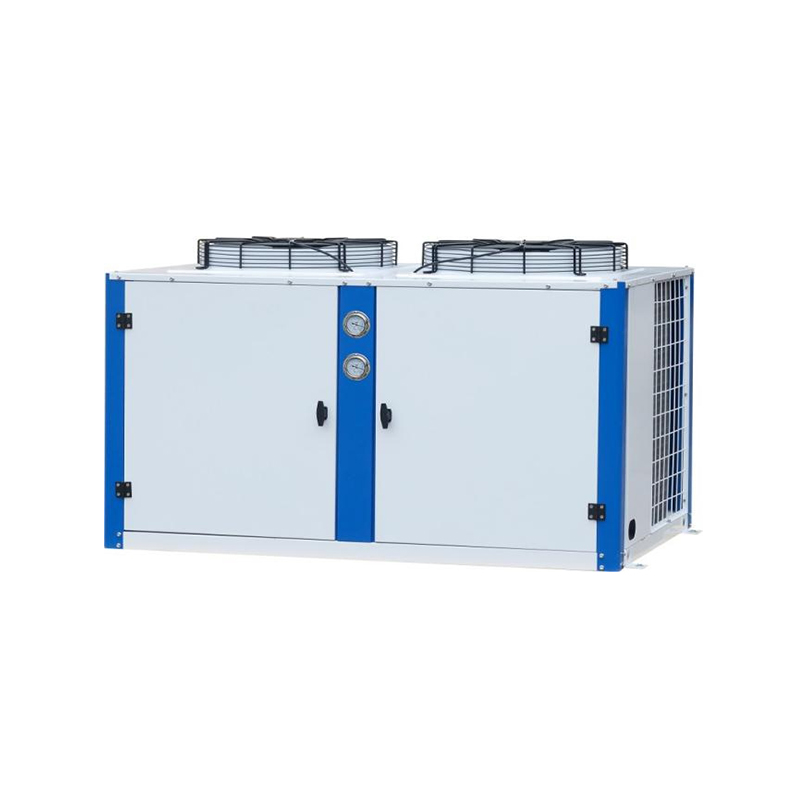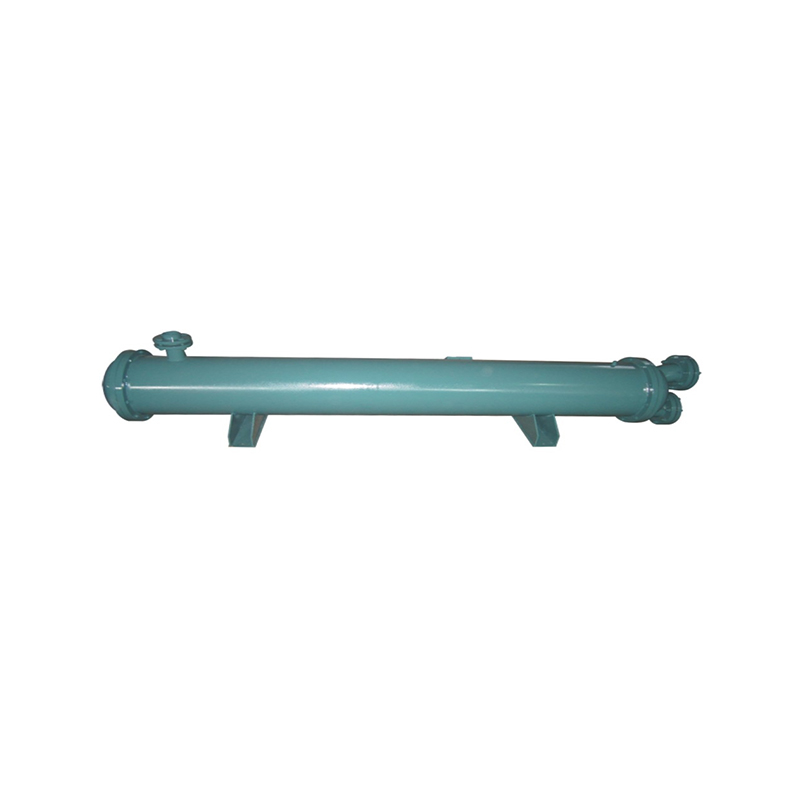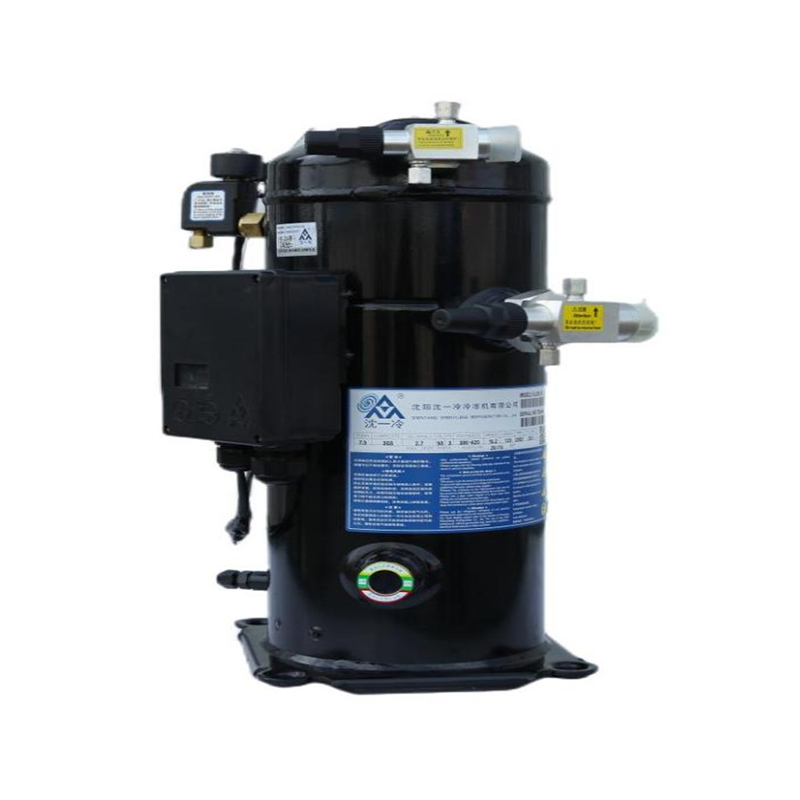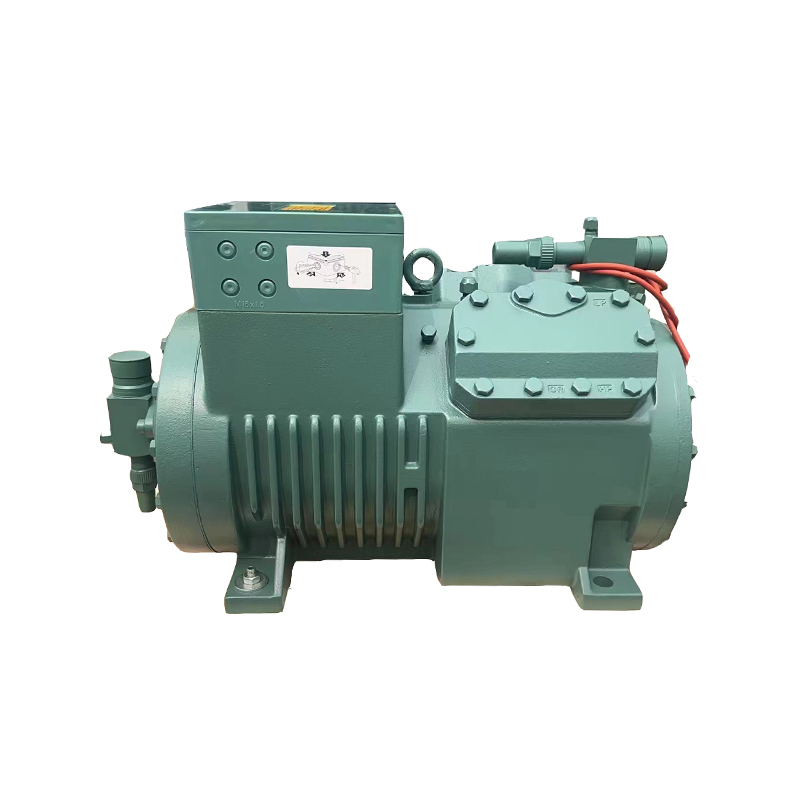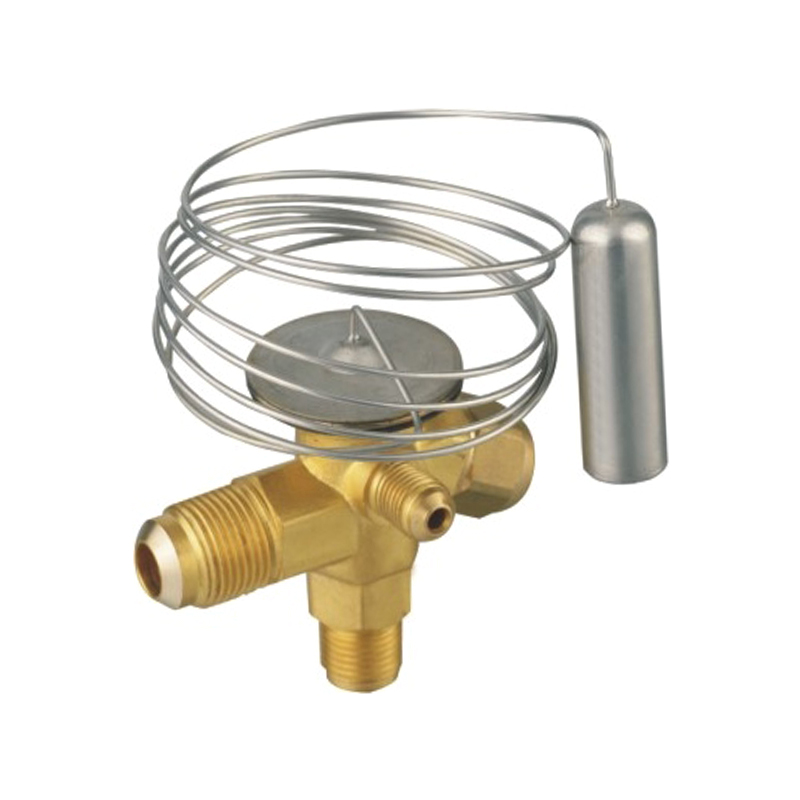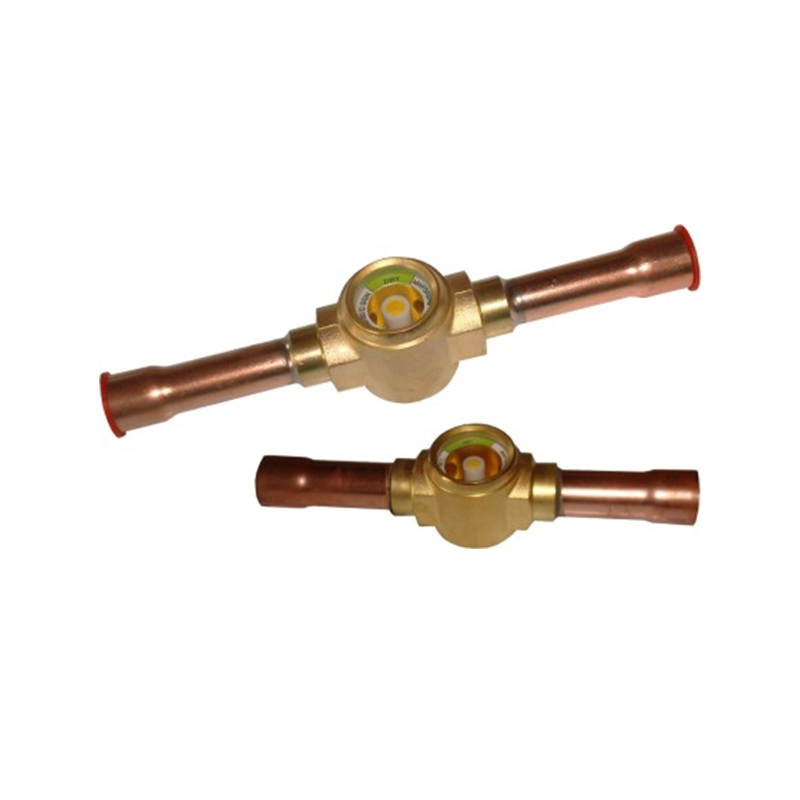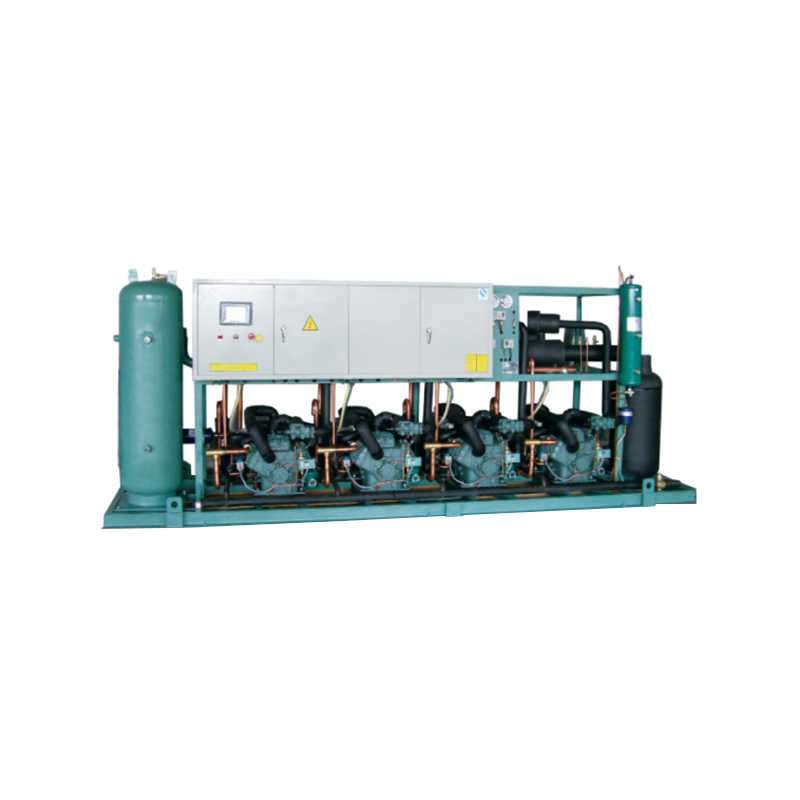In the field of food processing, traditional water cooling systems are often limited by the stability of external water supply and water quality, while air-cooled condensing units are completely free from this constraint. It uses air as the cooling medium and does not rely on external water sources. It not only saves precious water resources, but also avoids equipment corrosion and scaling problems caused by poor water quality. This feature is particularly prominent in areas with drought, water shortage or poor water quality, providing food processing companies with a more environmentally friendly and economical refrigeration option.
Efficient refrigeration, quality assurance
In the food processing process, temperature control is a key link to ensure product quality and safety. With its efficient refrigeration technology and precise temperature control system, the air-cooled condensing unit can maintain a stable refrigeration effect under various extreme climatic conditions. Whether it is hot and humid summer or cold and dry winter, the unit can ensure that the food is always in the optimal temperature range during processing, storage and transportation through strong heat dissipation capacity and precise temperature control, thereby effectively extending the shelf life of the food and maintaining its nutritional value and taste.
Modular design, convenient maintenance
The air-cooled condensing unit adopts a highly modular design concept, and each functional module is closely connected but independent. This design not only optimizes the structural layout of the unit, but also greatly simplifies the maintenance process. When a component needs to be repaired or replaced, technicians can quickly locate and easily disassemble it without disassembling the entire system on a large scale. In addition, the modular design makes spare parts replacement more flexible and convenient, reducing production losses caused by downtime maintenance. For food processing companies, this means lower maintenance costs and higher operational efficiency.
Widely used, many cases
In the food processing industry, there are countless application cases of air-cooled condensing units. Take a well-known dairy company as an example. The company uses air-cooled condensing units to provide a stable refrigeration environment for its production line. The unit operates stably at low temperatures, ensuring that dairy products can be quickly cooled and maintain their nutritional content and taste during processing. At the same time, the efficient operation of the unit also saves energy costs for the company and improves the overall economic benefits.
In the field of fruit and vegetable processing, air-cooled condensing units also play an important role. A fruit and vegetable processing company uses this unit to provide refrigeration services for its cold storage. The unit ensures that fruits and vegetables can maintain their freshness and nutritional value during storage through a precise temperature control system and powerful heat dissipation capacity. In addition, the unit also has a low-noise design, providing workers with a more comfortable working environment.
In the meat processing industry, air-cooled condensing units are also widely used. A meat processing company uses this unit to provide refrigeration services for its freezer. The unit operates stably and reliably at low temperatures, ensuring that meat products can be quickly cooled and maintain their nutrition and taste during the freezing process. At the same time, the unit also has an intelligent control system that can monitor and adjust the unit's operating status in real time, further optimize the energy efficiency ratio, and achieve the goal of energy saving and emission reduction.

